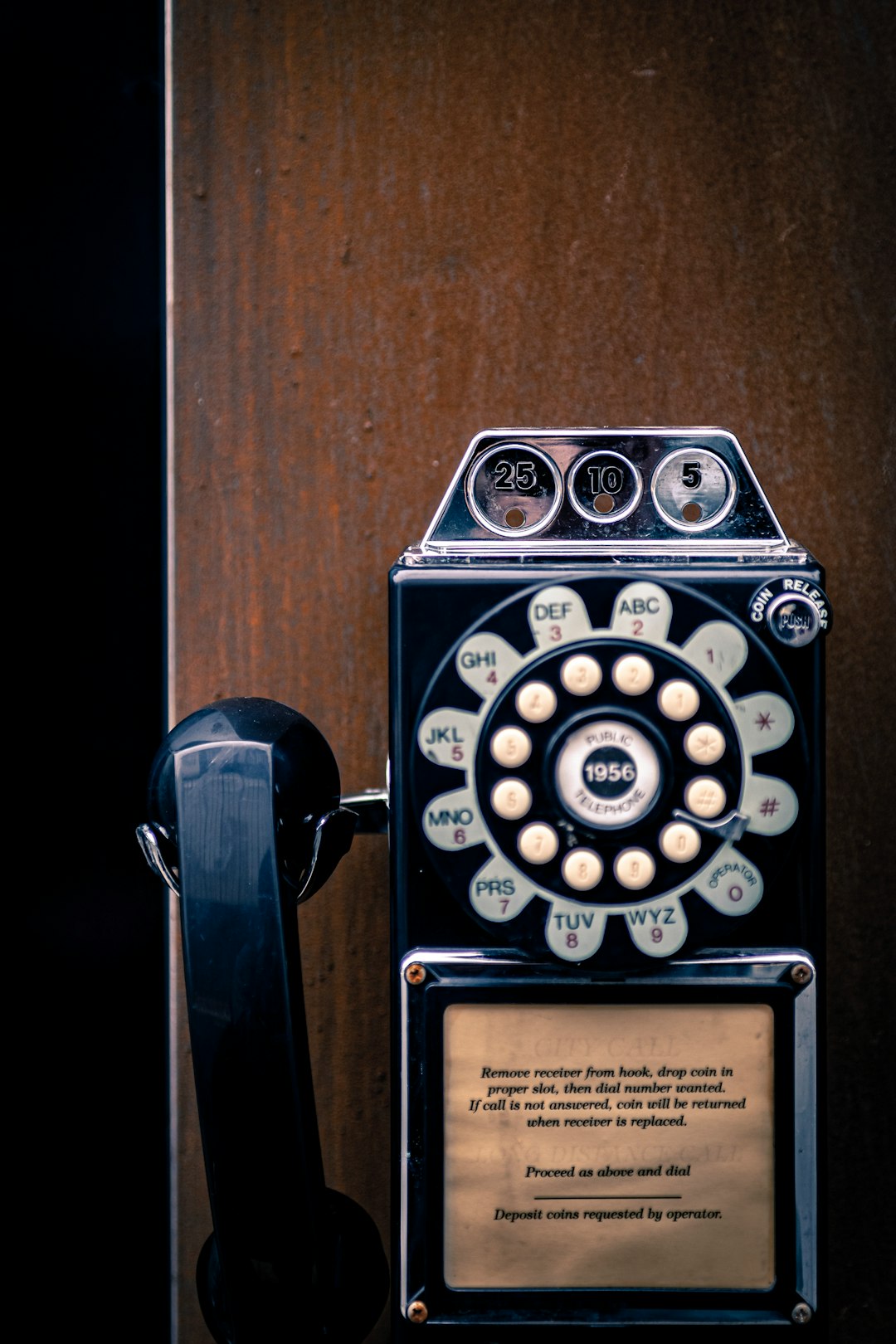Robocalls have become a pervasive issue in modern times, but Wisconsin offers protection through specific laws like the Do Not Call regulations. If facing excessive unwanted calls, consult a robocall lawyer in Wisconsin or a law firm specializing in spam call laws. These experts guide individuals through their rights and options, ensuring compliance with state regulations to block future unsolicited calls. The Wisconsin Department of Justice (DOJ) and local DA's offices collaborate to combat robocalls, with residents encouraged to report them by recording details, contacting service providers, and registering on the Do Not Call Registry. Consulting a specialized lawyer can lead to legal action against repeat offenders under robust state laws. Protecting yourself from robocalls involves registering for the National Do Not Call Registry, using call-blocking tools, and avoiding engaging or sharing personal info with unknown callers. Robocall lawyers Wisconsin offer guidance based on local robocall laws Wisconsin designed to protect consumers.
Tired of relentless robocalls? You’re not alone. In Wisconsin, these automated calls can be a nuisance and even illegal. Understanding your rights under Wisconsin’s spam call laws is crucial. This guide equips you with the knowledge to report robocalls effectively, from navigating the reporting process to exploring legal recourse through a robocall lawyer Wisconsin or spam call law firm Wisconsin. Learn how to protect yourself by following best practices and avoid unwanted calls altogether. Contact robocall attorneys Wisconsin today for expert advice.
Understanding Robocalls and Wisconsin's Laws
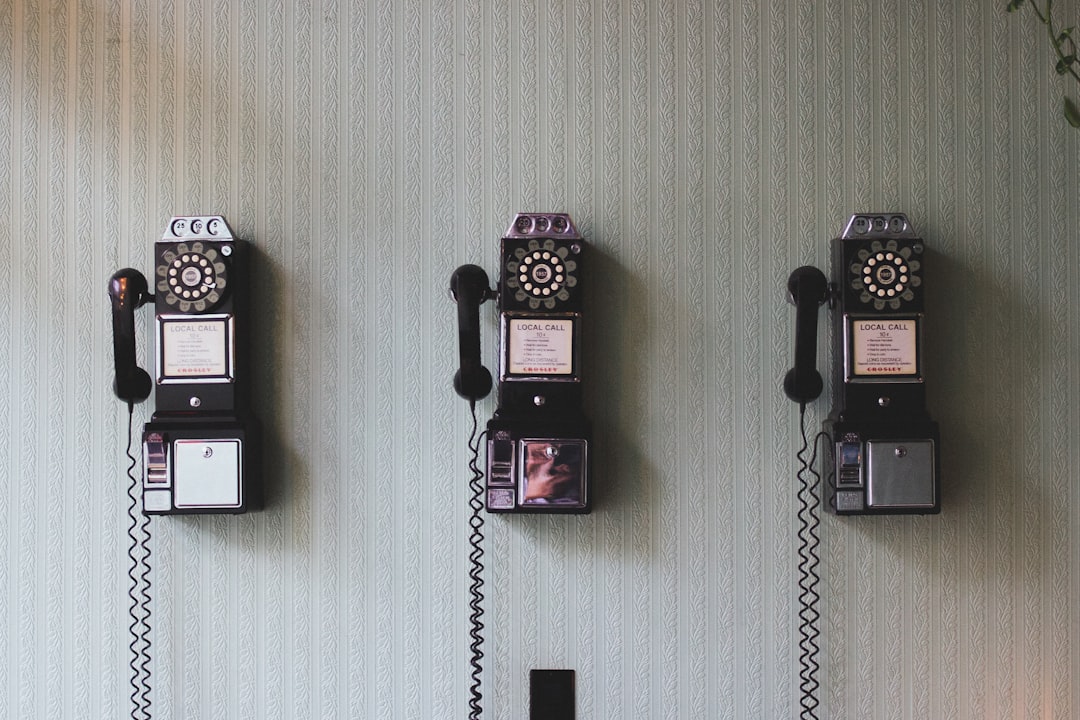
Robocalls, or automated phone calls, have become a pervasive issue in today’s digital era. While many calls are legitimate, such as reminders from banks or appointment alerts from doctors’ offices, unwanted and unsolicited robocalls, often referred to as spam calls, are a growing concern for many Wisconsin residents. These automated messages can be promotional, political, or even fraudulent, leaving recipients with privacy and safety issues.
Wisconsin has specific laws in place to protect its citizens from these nuisance calls, particularly the Do Not Call regulations. The state’s Spam Call laws are designed to curb excessive robocalls and give residents control over their phone lines. If you’re facing an overwhelming number of unwanted robocalls, considering consulting a robocall lawyer in Wisconsin or engaging the services of a law firm specializing in spam call laws can be beneficial. These legal experts can guide you through your rights and options, ensuring compliance with state regulations and helping to block future unsolicited calls.
Who Handles Robocall Complaints in Wisconsin?
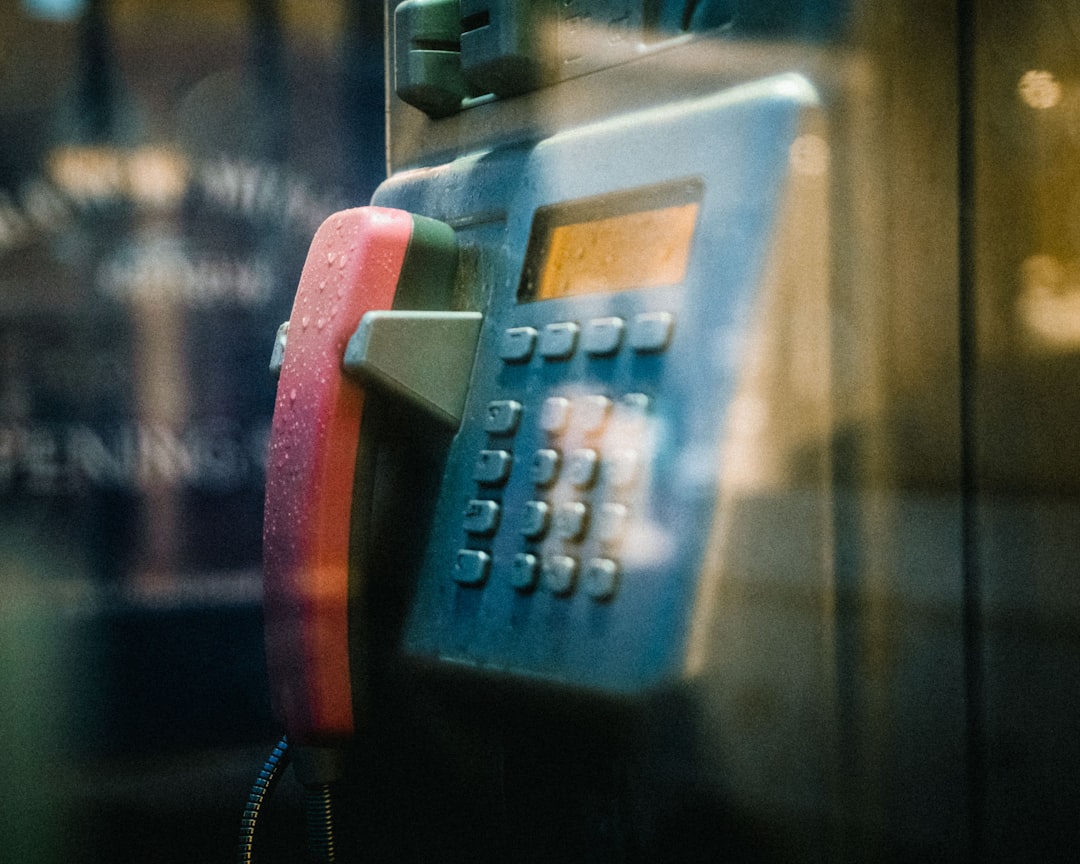
In Wisconsin, robocall complaints are handled by the Wisconsin Department of Justice (DOJ) and various local district attorneys’ offices. The DOJ plays a crucial role in enforcing state laws related to spam calls, including the Do Not Call Law. They investigate complaints and take appropriate legal action against violators. Each county in Wisconsin has a dedicated district attorney’s office that deals with consumer protection issues, including robocalls and unwanted texts.
If you’re dealing with persistent or illegal robocalls, contacting a robocall lawyer Wisconsin or a spam call law firm Wisconsin can provide valuable assistance. These legal professionals are well-versed in the state’s robocall laws and can help navigate the process of filing a complaint. Robocall attorneys Wisconsin offer expertise in seeking justice and compensation for victims of unwanted telemarketing calls, ensuring that your rights are protected under the relevant laws, such as the Do Not Call laws Wisconsin has in place.
The Reporting Process: Step-by-Step Guide
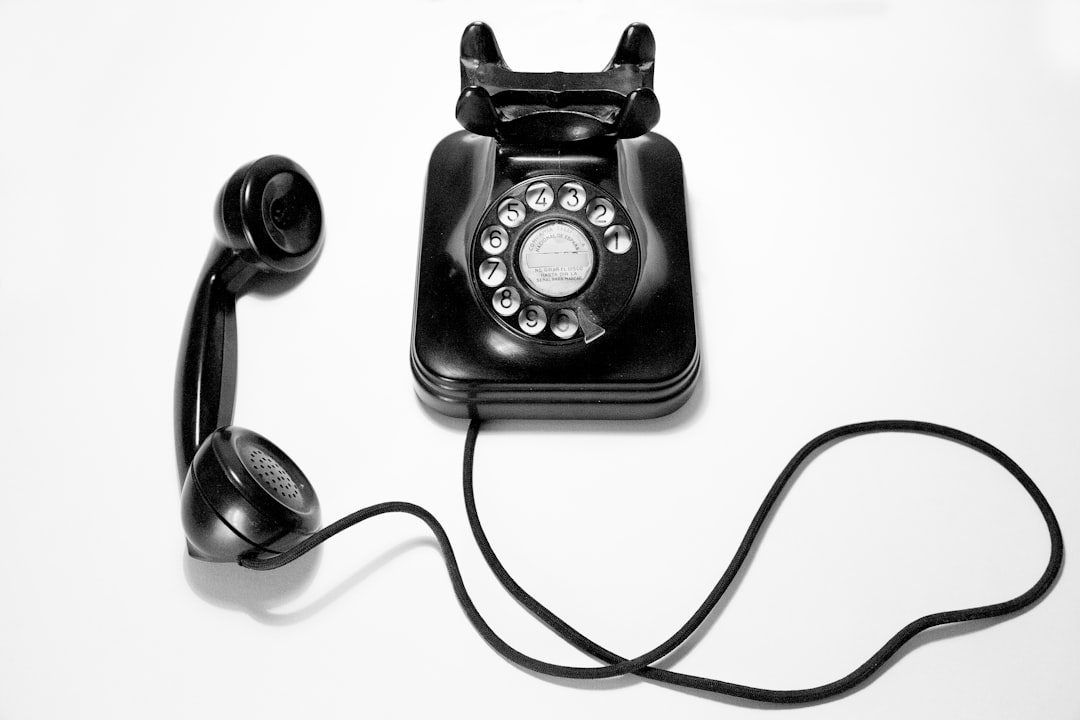
Reporting a robocall in Wisconsin is a straightforward process designed to protect residents from unwanted and fraudulent calls. Here’s a step-by-step guide for navigating the reporting procedure, making it easier for robocall lawyers and attorneys in Wisconsin to take action.
1. Identify the Call: Note down key details about the robocall, including the caller’s phone number, the date and time of the call, and a summary of the message or script used. If possible, record the call for future reference, as this can be valuable evidence.
2. Contact Your Service Provider: Inform your telephone service provider about the robocalls you’ve received. They may have tools to block similar calls in the future and can guide you on additional reporting options. Many providers offer mechanisms to automatically forward suspicious calls to relevant authorities.
3. Use Wisconsin’s Do Not Call Registry: Register your phone number with the Wisconsin Do Not Call Registry if you haven’t already. This official list helps prevent live telephone marketers from calling residents, but it may not stop all robocalls as they often bypass these lists.
4. File a Complaint with the Wisconsin Department of Justice (DOJ): The Wisconsin DOJ offers an online form for filing complaints about spam calls and other fraudulent activities. Provide all relevant details collected in steps 1 and 2. This step is crucial, as it initiates a formal investigation that can lead to penalties for violators under state robocall laws.
5. Seek Legal Advice: For repeated or severe cases, consult with a qualified robocall lawyer or attorney in Wisconsin. They can guide you on potential legal actions, including suing the caller if appropriate, and help navigate any relevant spam call law firm policies or do not call law firms in Wisconsin.
Legal Recourses for Unwanted Phone Calls
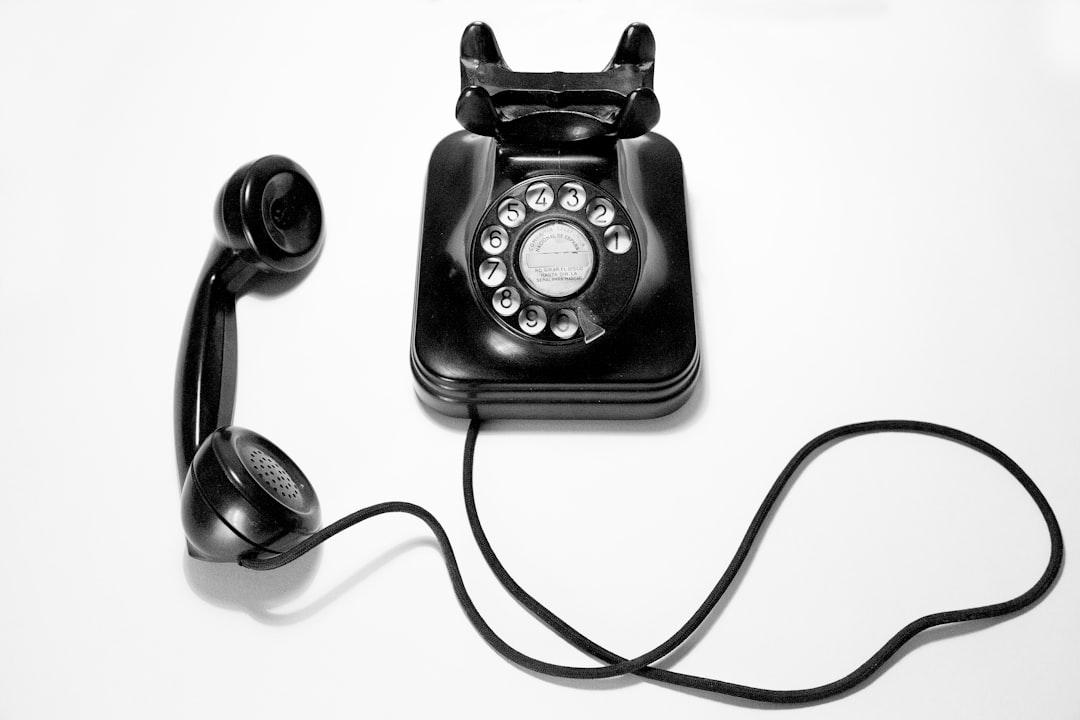
In Wisconsin, robocalls and spam calls are regulated by state laws designed to protect residents from unsolicited and nuisance phone calls. If you’ve received a robocall or unwanted texts, there are legal avenues available to take action. A robocall lawyer Wisconsin or robocall attorney Wisconsin can help navigate these regulations, which include the Do Not Call Registry and specific laws prohibiting automated telephone dialing systems from making calls without prior consent.
Many spam call law firms Wisconsin specialize in handling such cases, offering legal representation to individuals who have been victims of fraudulent or harassing robocalls. These professionals are well-versed in the robocall laws Wisconsin and can guide you through the process of filing a complaint with relevant authorities, seeking damages, or blocking future calls from persistent offenders. If you believe your rights have been violated, consider reaching out to a robocall lawyer Wisconsin or robocall attorneys Wisconsin to explore your options and protect yourself against unwanted phone calls.
Protecting Yourself: Do's and Don'ts

Protecting yourself from robocalls is an important step in maintaining your privacy and peace of mind. Robocall lawyers Wisconsin and attorneys specializing in spam calls can offer guidance, but there are also simple do’s and don’ts you can follow to mitigate these unwanted intrusions.
Do: Register for the National Do Not Call Registry. This federal list helps prevent telemarketers from contacting you. While it may not stop all robocalls, it’s a crucial first step. Also, consider using call-blocking apps or installing hardware-based call blockers on your phone and home landline. Many modern smartphones have built-in features for blocking specific numbers or types of calls. Additionally, be wary of sharing your phone number publicly or with unknown sources to avoid becoming a target for spam calls.
Don’t: Engage or respond to robocalls. Never press any numbers provided during an automated message, as this can verify that your number is active and increase future calls. Also, don’t share personal information over the phone unless you’ve initiated the call and are certain of the recipient’s identity. Remember, robocall laws Wisconsin exist to protect consumers, so ignoring or blocking these calls is not only practical but also within your rights.






